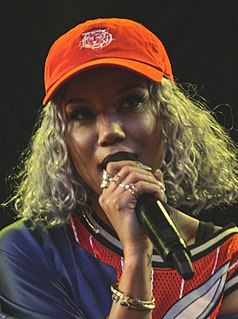A Quote by Douglas Coupland
Books turn people into isolated individuals, and once that's happened, the road only grows rockier. Books wire you to want to be Steve McQueen, but the world wants you to be SMcQ23667bot@hotmail.com.
Related Quotes
Electronic books are ideal for people who value the information contained in them, or who have vision problems, or who like to read on the subway, or who do not want other people to see how they are amusing themselves, or who have storage and clutter issues, but they are useless for people who are engaged in an intense, lifelong love affair with books. Books that we can touch; books that we can smell; books that we can depend on.
Only idiots or snobs ever really thought less of 'genre books' of course. There are stupid books and there are smart books. There are well-written books and badly written books. There are fun books and boring books. All of these distinctions are vastly more important than the distinction between the literary and the non-literary.
Books are everywhere; and always the same sense of adventure fills us. Second-hand books are wild books, homeless books; they have come together in vast flocks of variegated feather, and have a charm which the domesticated volumes of the library lack. Besides, in this random miscellaneous company we may rub against some complete stranger who will, with luck, turn into the best friend we have in the world.
The current publishing scene is extremely good for the big, popular books. They sell them brilliantly, market them and all that. It is not good for the little books. And really valuable books have been allowed to go out of print. In the old days, the publishers knew that these difficult books, the books that appeal only to a minority, were very productive in the long run. Because they're probably the books that will be read in the next generation.
The books in Mo and Meggie's house were stacked under tables, on chairs, in the corners of the rooms. There where books in the kitchen and books in the lavatory. Books on the TV set and in the closet, small piles of books, tall piles of books, books thick and thin, books old and new. They welcomed Meggie down to breakfast with invitingly opened pages; they kept boredom at bay when the weather was bad. And sometimes you fall over them.







































